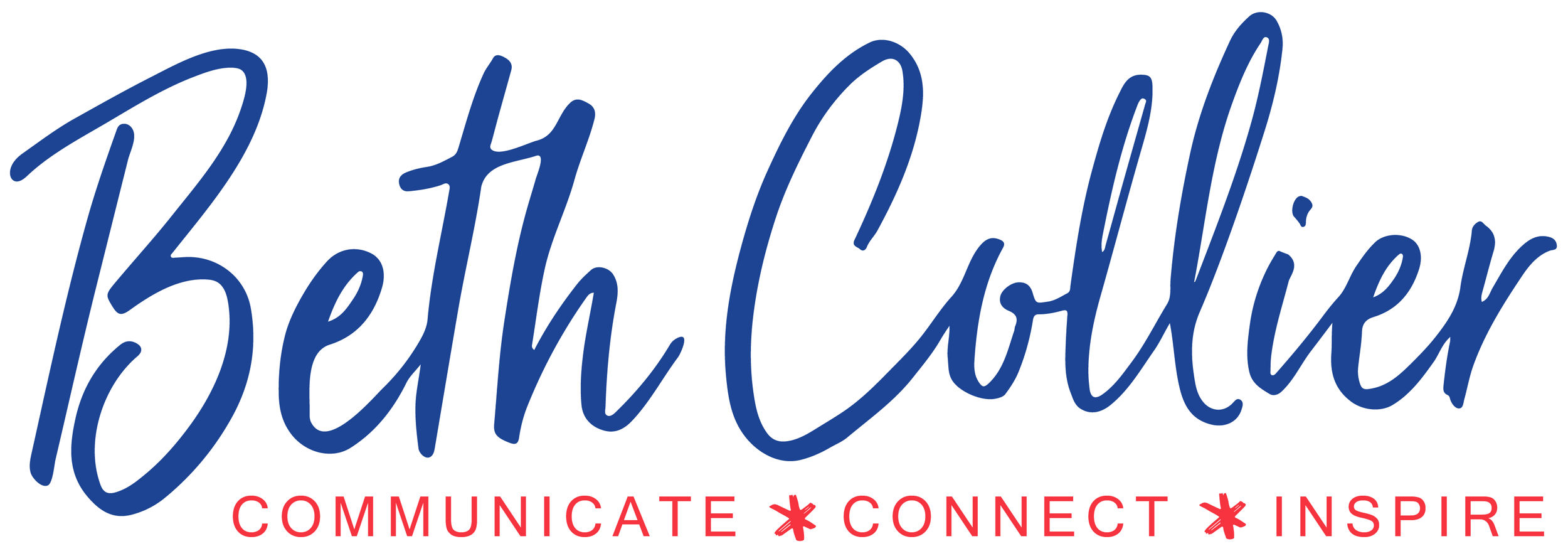Don't Miss This Lesson From Chris Licht
There will be many discussions about the downfall of the former CEO of CNN, but one lesson won’t get as much attention as it deserves
Every once in a while, I come across an article that literally makes my eyes widen as I read it. Last week, it happened – when I read a profile in the Atlantic by Tim Alberta about CNN and CEO Chris Licht.
The article had just come out, and I opened it on my phone, having no idea how long – or how shocking – it would be.
I couldn’t believe the access Alberta had, nor the things Licht was saying on the record.
“This guy is going to lose his job,” I thought to myself.
And five days later, he did.
As CEO of CNN, Licht was on a mission to turn the network around, remove its association with “fake news”, and restore its reputation for serious journalism.
But instead, he had a tumultuous 13-month stint that was noted for controversies and chaos.
Most recently, Licht was under fire for the disastrous Donald Trump town hall he orchestrated, something that saw him pilloried by Democrats and Republicans – not to mention CNN employees (including on-air talent).
April’s Town Hall with Donald Trump
Alberta’s profile also included Licht making digs at both his predecessor (a more popular Jeff Zucker) as well as CNN employees.
Clearly, in Licht’s eyes, CNN had been doing things wrong – but his employees weren’t sure what they needed to do to be “right” in the new boss’s eyes.
And that piqued my interest.
Chris Licht has been criticized for his ideas and execution, but his missteps were exacerbated by his poor communication.
And his nonverbal communication was doing as much damage – and possibly more – than his words.
As Alberta reports, when Licht took over the top job, instead of moving into his predecessor’s old office on the 17th floor, near key studios and conference rooms, Licht moved to the 22nd floor, setting up in a “secluded space that most staffers didn’t know how to find.”
At a holiday dinner, after shaking hands and speaking briefly with journalists, Licht spent much of the dinner looking at his phone, so much so that the guests began texting each other wondering if an international crisis was unfolding.
There wasn’t. Someone later spotted Licht was reading a critical article about himself on Puck.
And Licht was so determined to show he’d be a different kind of leader than Zucker that he failed to approach the job and his team with enough humility and curiosity to learn what Zucker – the much loved leader – had gotten right.
Licht’s predecessor at CNN Jeff Zucker, who resigned over an undisclosed relationship
“I should have just sort of slowly come in, without making these grand pronouncements of how different I was going to be,” he said.
He told Alberta his mission was “journalism” and “being trusted,” but his employees complained they didn’t know what they needed to do to be successful.
That all leads back to his communication.
Based on this article (and others I’ve read), it feels like Licht focused a lot of energy communicating with his boss, but not enough on the people he was leading at CNN.
Employees – whether at a news organization, a FTSE 100 company, or your local coffee shop – want to know what is expected of them.
They want to know what they’re doing well – and if they’re failing, they’d rather be told directly by their boss than hear about it through office gossip (or even worse, the news media).
Ultimately, Licht’s communication (and lack thereof) affected his relationships, his reputation – and his results.
Licht may have made a lot of mistakes at CNN and what he told Alberta, but he did grasp just how much he – and CEOs – are under the microscope.
“I think it’s very different—a CEO job is just very different,” he said.
“Every word you say is parsed. Every way you look at someone is parsed. It’s just different.”
He’s right. It is different.
And to be an effective leader, a CEO must communicate clearly and frequently – not just with their boss and shareholders – but with the people on the ground who will help them succeed.
__________________________________________
Beth Collier loves writing, pop culture, and people who use the term “Breaking News” appropriately.
She also loves helping companies, leaders, and teams improve their communication (and creativity and leadership) through consulting, coaching, and workshops.
Her clients benefit from Beth’s global corporate experience, Midwestern practicality and enthusiasm, and an endless supply of pop culture references.
To find out how Beth can help you become a more confident, creative, and compelling leader – or improve communication in your company – visit www.beth-collier.com or drop her a line at beth@beth-collier.com
__________________________________________
Want a dose of positivity and fun in your inbox?
Sign up to receive my free newsletter, Curious Minds.
Each week you'll get insights that mix curiosity with business, history, or pop culture.
Keep learning - and stay curious!



